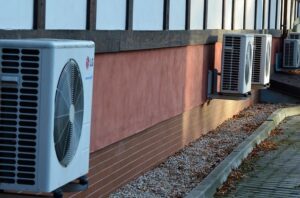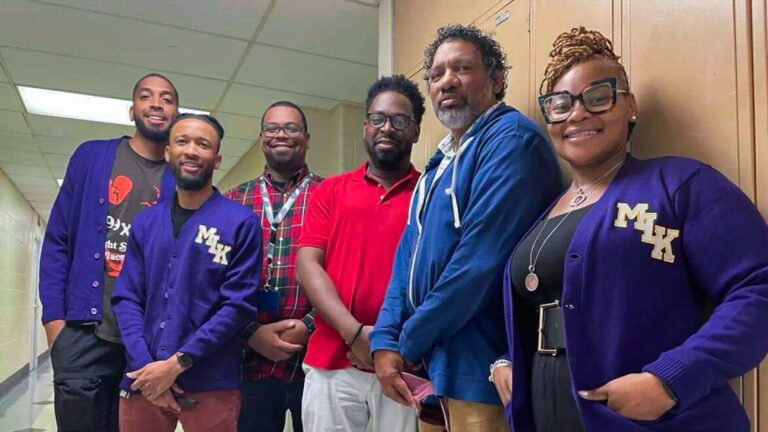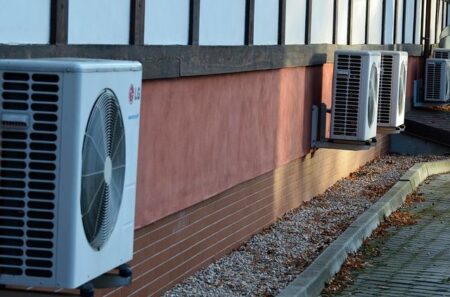Philadelphia Educators Advocate for Expanded School Funding in Harrisburg
This week, a group of Philadelphia teachers and school personnel traveled to Harrisburg to press state lawmakers for increased financial support for the city’s public education system. As budget talks intensify at the state Capitol, these educators are emphasizing the urgent need for enhanced funding to improve classroom conditions, bolster staff numbers, and renovate aging school facilities. Their advocacy highlights the growing strain on Philadelphia’s schools due to limited budgets and rising demands, calling on legislators to make education a top priority.
During their demonstration, participants underscored several critical funding priorities:
- Boosting staff levels: Hiring additional counselors, teaching assistants, and special education experts to better support students.
- Infrastructure improvements: Renovating and modernizing outdated school buildings to ensure safe learning environments.
- Upgrading educational tools: Providing current textbooks, digital devices, and other learning technologies.
- Enhancing teacher pay: Offering competitive salaries to attract and retain skilled educators.
State officials have acknowledged these concerns but have yet to present a comprehensive funding plan. The educators remain resolute, signaling ongoing efforts to secure the resources necessary for Philadelphia’s students to thrive.
| Funding Category | Current Allocation | Requested Increase |
|---|---|---|
| Average Teacher Salary | $50,000 per year | +20% |
| Per-Student Classroom Resources | $300 | +35% |
| School Maintenance | Minimal funding | Full funding commitment |
Effects of Budget Deficits on Philadelphia Schools and Student Experience
Philadelphia’s public schools are currently facing ongoing financial shortfalls that have forced reductions in staff and essential student services. Educators report larger class sizes, reliance on outdated textbooks, and limited availability of specialized support such as counseling and extracurricular programs. These challenges place additional pressure on teachers striving to deliver quality education despite shrinking resources. Parents and community advocates worry that these funding gaps could negatively impact student performance and overall well-being in the long term.
Major areas affected include:
- Elimination or reduction of after-school programs that foster academic growth and social skills
- Decreased availability of support personnel for students with disabilities or special needs
- Postponed upgrades to technology critical for hybrid and remote learning setups
- Cutbacks in professional development opportunities for teachers, limiting instructional innovation
| Budget Area | Pre-Deficit Funding | Current Funding | Consequences |
|---|---|---|---|
| Personnel | $150 million | $120 million | Layoff of 30 teachers |
| Student Programs | $50 million | $35 million | Cancellation of 15 programs |
| Technology | $20 million | $12 million | Use of outdated equipment |
Stakeholder Perspectives on Funding Proposals and Legislative Obstacles
Various stakeholders‚ÄĒincluding teachers, school leaders, and union representatives‚ÄĒhave expressed strong views amid the ongoing debate over a proposed funding bill designed to alleviate Philadelphia‚Äôs education budget crisis. Educators are calling for a significant increase in state funding, stressing that current allocations are insufficient to cover vital programs, classroom materials, and competitive salaries. Meanwhile, district administrators emphasize the need to balance immediate financial demands with long-term fiscal responsibility, warning that hasty funding decisions without sustainable frameworks could exacerbate future budget shortfalls.
Lawmakers remain divided, with some concerned about the bill’s impact on Pennsylvania’s overall budget, while others advocate for reforms that ensure fair and equitable distribution of funds. Key points from these discussions include:
- Teachers: Request a 15% boost in funding focused on classroom supplies and mental health services.
- District Officials: Advocate for transparent funding tied to measurable outcomes and accountability.
- Legislators: Prioritize fiscal sustainability and explore alternative revenue options such as targeted taxes or public-private partnerships.
| Group | Primary Concern | Suggested Approach |
|---|---|---|
| Teachers | Insufficient classroom funding and staff retention challenges | Increase state funding by 15% |
| District Leaders | Ensuring budget sustainability | Conditional funding with oversight mechanisms |
| Legislators | Budgetary impact and equitable distribution | Investigate new revenue streams |
Strategic Investments to Close Staffing and Resource Deficits: Expert Recommendations
Education specialists advocate for a focused investment strategy to address persistent shortages in personnel and essential resources within Philadelphia’s schools. Utilizing data-driven insights, they recommend channeling funds toward recruitment, retention, and ongoing professional development to ensure educators are well-prepared and supported in meeting diverse student needs. Prioritizing these areas can foster a more stable workforce and enhance educational quality.
Beyond human capital, experts emphasize the necessity of upgrading school infrastructure and providing modern learning materials. Proposed initiatives include:
- Expanding technology access to support flexible learning models, including remote and hybrid instruction.
- Renovating school buildings to create safe, welcoming, and effective educational spaces.
- Increasing funding for special education to promote inclusivity and equitable support for all students.
These targeted investments aim to bridge the gap between current funding and the actual operational needs of Philadelphia’s schools, strengthening the district’s case for enhanced state support.
| Investment Focus | Anticipated Outcome |
|---|---|
| Teacher Recruitment & Retention | Greater workforce stability and reduced turnover |
| Technology Integration | Improved access to digital learning tools |
| Facility Modernization | Enhanced safety and learning environments |
| Special Education Funding | Expanded support and inclusivity for diverse learners |
Conclusion: The Road Ahead for Philadelphia Education Funding
As Philadelphia’s educators persist in their advocacy efforts in Harrisburg, the focus remains squarely on state lawmakers to resolve the critical funding deficiencies impacting the city’s schools. With the quality of education and the well-being of teachers and students at stake, the decisions made in these budget negotiations will profoundly influence the future of Philadelphia’s public education system. Local media outlets, including NBC10 Philadelphia, will continue to track these developments and report on this pivotal issue affecting communities throughout the region.








